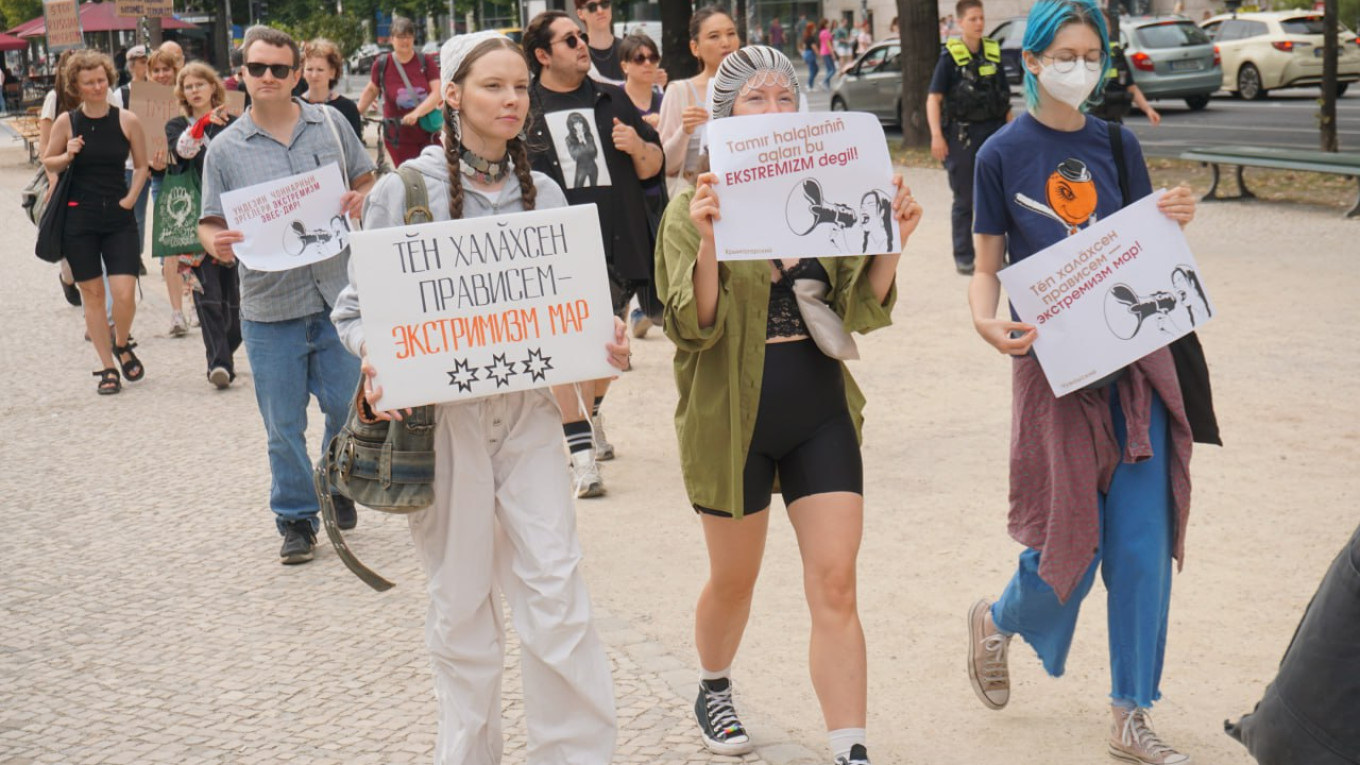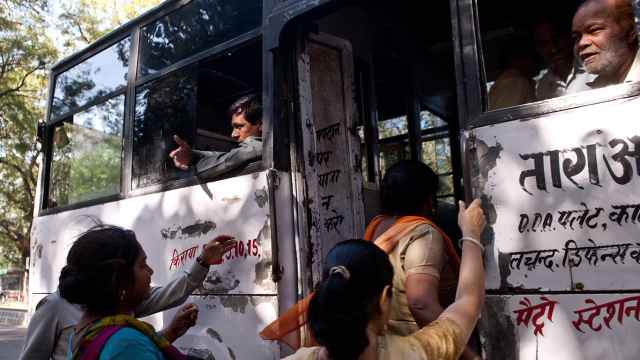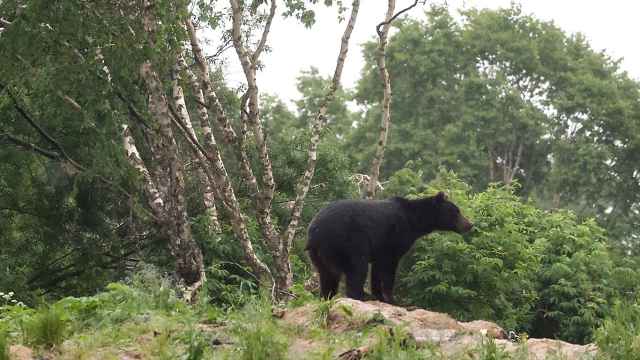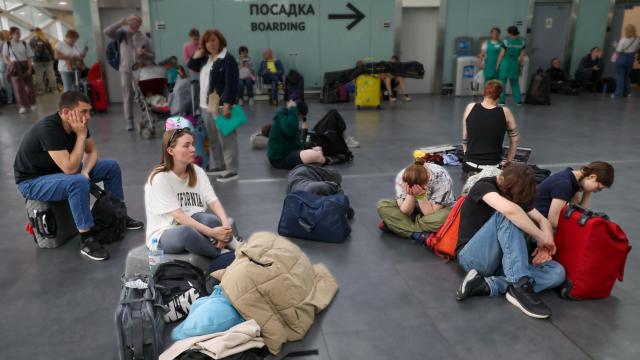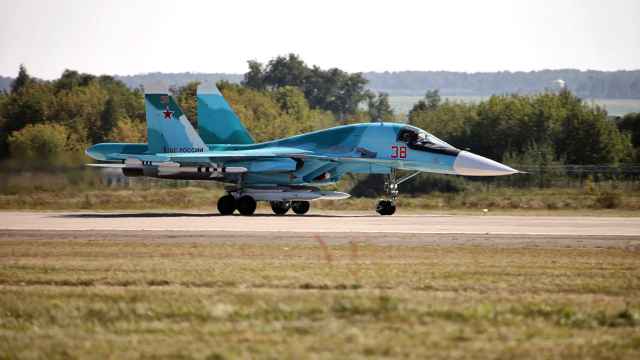This article was originally published by From the Republics.
A handful of activists gathered near the Russian Embassy in Berlin on Sunday to protest the Kremlin’s designation of dozens of Indigenous and decolonial groups from Russia as “extremist.”
“Fifty-four Indigenous organizations were declared terrorist, so we decided to take to the streets,” said Russian-Armenian climate activist Arshak Makichyan, who co-organized the event.
“It seems to me that the solidarity of colonized peoples with each other is the only thing that can help us be heard now,” he said, noting his indignation with the fact that Russia’s mainstream liberal opposition has shown “absolute disregard for the problems of indigenous peoples.”
In a decision published last month, Russia’s Justice Ministry labeled the diverse group of activist organizations as “structural divisions” of the non-existent and vaguely defined “Anti-Russian Separatist Movement.”
Among those affected by the designation are smaller, lesser-known groups such as the Independent Sakha Movement and the Aborigen Forum alliance, as well as well-established movements with large followings both in and outside of the country like the Free Yakutia Foundation, Indigenous of Russia, Free Buryatia Foundation and New Tuva.
“I think this move was somehow expected from an aggressor and terrorist state,” Sholbaana Kuular of New Tuva, an anti-war and decolonial movement from the Mongolia-bordering republic of Tyva, told me.
I can only agree with Kuular.
The tactic of using the “extremist” label to hinder the fight of minorities for their rights is by no means a fresh addition to Moscow’s toolkit of oppression.
This trend didn’t start with the full scale invasion of Ukraine in 2022, nor amid the 2014 annexation of Crimea where hundreds of Indigenous Crimean Tatars have since been persecuted on trumped-up charges of engaging in “extremist” or “terrorist” activities.
Instead — and as often is the case with faults of the modern Russian state — it all began with Russia’s wars in Chechnya.
Following the Sept. 11, 2001, terrorist attacks, Moscow skillfully exploited the Global War on Terror discourse and rising Islamophobia to disrepute the Chechen independence movement and justify military intervention into the republic.
Kremlin-directed narratives that exploited the image of “savage Chechen terrorists” carried far beyond the Russian media space, “terrorist” tagline becoming the bane of the entire nation.
But in today’s Russia, one doesn’t need to take up arms to earn a badge of an “extremist” or a “terrorist.” As Kuular put it in our conversation, it is enough to “advocate for basic freedoms for your people” and “speak the truth about the situation in your region” to make the Justice Ministry’s list.
Desensitized by the seemingly endless cycle of repressions, many who hail from Russia or closely engage with Russian politics and civil society have come to see these designations as “badges of honor” or “markers of quality.”
But for journalists and activists whose work revolves around communities still remaining in Russia, such labels bring nothing but distress.
The “extremist” designation means anyone convicted of cooperating, associating or supporting activities of such an organization could face a lengthy jail sentence.
“I have an immense desire to do something, to help people remaining inside the country, but these repressive laws…they immobilize you one way or another,” said Kuular.
“You understand that asking even the smallest favor of a volunteer remaining inside the country could put them at risk of criminal persecution.”
Russia’s Foreign Ministry seemingly put another nail in the indigenous movement’s coffin last week by announcing Russia’s exit from the Framework Convention for the Protection of National Minorities (FCNM), the world’s most comprehensive legally binding treaty devoted to safeguarding the rights of ethnic minority groups.
Though Russia’s policies towards its ethnic minorities have long contradicted some of the basic principles outlined in the convention, experts agree that the country’s formal exit stripped them of the few remaining opportunities to defend their rights through legal mechanisms.
Indigenous and decolonial activists from Russia battle with xenophobia, stigmatization, marginalization and underrepresentation in politics and media every single day.
Yet, every day they say they find hope and strength in helping their communities.
“People [in Tyva] see us as the last beacon of justice,” Kuular explained to me, noting that New Tuva only gained new social media followers after the “extremist” designation.
“When they can’t find help anywhere else, they come to us…I think we still have people’s trust,” she said.
A Message from The Moscow Times:
Dear readers,
We are facing unprecedented challenges. Russia's Prosecutor General's Office has designated The Moscow Times as an "undesirable" organization, criminalizing our work and putting our staff at risk of prosecution. This follows our earlier unjust labeling as a "foreign agent."
These actions are direct attempts to silence independent journalism in Russia. The authorities claim our work "discredits the decisions of the Russian leadership." We see things differently: we strive to provide accurate, unbiased reporting on Russia.
We, the journalists of The Moscow Times, refuse to be silenced. But to continue our work, we need your help.
Your support, no matter how small, makes a world of difference. If you can, please support us monthly starting from just $2. It's quick to set up, and every contribution makes a significant impact.
By supporting The Moscow Times, you're defending open, independent journalism in the face of repression. Thank you for standing with us.
Remind me later.


